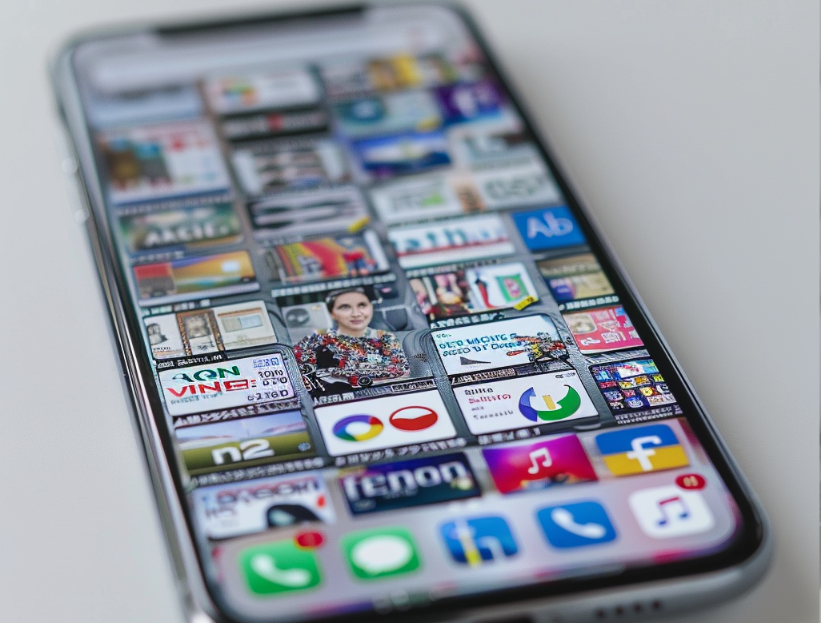The Global Alliance for Responsible Media (GARM) is an advertising group dedicated to promoting something called “brand safety.” Brand safety means making sure your brand isn’t associated with bad stuff.
Here’s what ChatGPT says about the concept.
“Brand safety” in the context of advertising refers to strategies and practices that ensure a brand’s advertisements do not appear alongside content that could harm its reputation. This includes avoiding associations with hate speech, violence, fake news, and other forms of inappropriate or offensive content. The goal is to protect the brand’s image and avoid negative perceptions that could arise from appearing in or near harmful content online.
For example, if an ad for The Krehbiel Group appears next to an ad for OnlyFans, people might get the idea that I support or sponsor OnlyFans. Which I don’t. I advertise in Bo Sacks’ email because I want to be associated with that type of content.
That makes sense, but it becomes a problem in an era where advertisers don’t always hand pick the sites where their ads appear. Programmatic advertising leaves that in the hands of the algorithms – to some extent. The advertiser does have some degree of control.
That control breaks down on a platform like X, or Facebook, or TikTok. It’s hard to know what your ad will be next to, since everybody sees their own version of that site. If I go to X, I’ll see a completely different collection of content than you’ll see.
Congress had a hearing on this, and there were accusations that GARM was banning sites based on their political content. They were allegedly encouraging advertisers to withdraw from conservative sites more than from liberal sites.
I asked ChatGPT about all this, and here’s what it said.
Recently, GARM, a major advertising industry group dedicated to promoting brand safety, has come under significant scrutiny. Elon Musk’s X (formerly Twitter) filed an antitrust lawsuit against GARM, accusing the organization of colluding to organize an advertising boycott against X. This lawsuit claimed that GARM was instrumental in encouraging advertisers to withdraw billions of dollars in spending from the platform due to concerns about brand safety under Musk’s leadership.
As a result of this lawsuit, GARM shut down.
Here’s more from ChatGPT.
GARM … was established by the World Federation of Advertisers (WFA) in 2019. It was formed in response to growing concerns among major advertisers about the rise of harmful content online and the impact that associating with such content could have on their brands.
What does “harmful” mean?
Some people think that certain political views are “harmful” in this context. That is, they don’t want their brand associated with that political view.
In other words, this whole episode is another wrinkle in the growing ideological divide in this country. Opposing views aren’t just opposing views. They’ve evil. They’re hateful. They’re “disinformation.”
It seems there are only two ways out of this mess.
The first is for people to stop assuming that because you advertise your widget on somebody’s show, that means you approve of their political opinions. In fact, I seem to recall that radio stations regularly announce that the views expressed are not necessarily reflective of the views of their advertisers.
But nobody seems to believe that, and when somebody says something controversial, the first thing the agitators do is go after their sponsors.
So that leaves option #2, which is to allow brands to pick the ideologies they want to be associated with. An organization like GARM wouldn’t be able to pick some kind of “universally safe” places, because one person’s safe is another person’s harmful.
Which means that we’re probably going to need different advertising groups for the left and the right – further dividing an already divided country.
I don’t like it, but I don’t see an alternative.





I don’t believe that a blanket statement that opposing views are not just opposing views but hateful.
I can disagree with Liz Cheney on many of her policies and would not vote for her but I’m not hateful.
I don’t see any problem with a brand having the ability to try and control where their product is being advertised.
No, there’s no problem with a brand choosing where to advertise. The problem seems to be when an industry group — allegedly representing the views of the whole industry — decides to make political decisions for everybody.